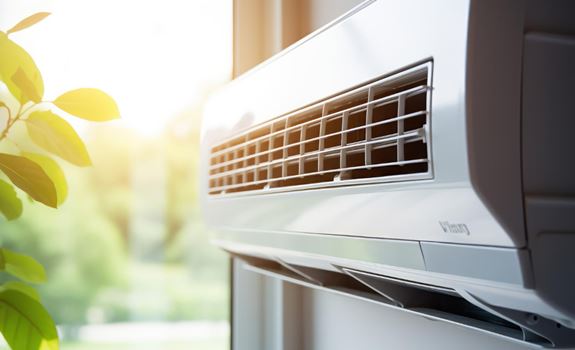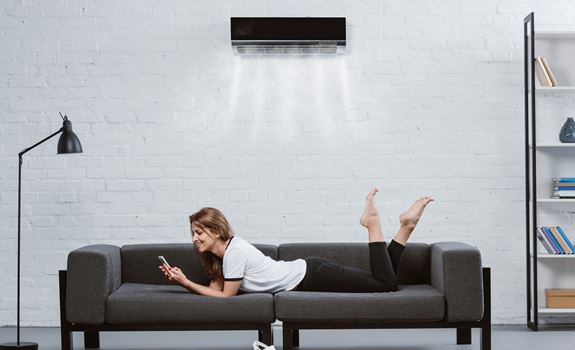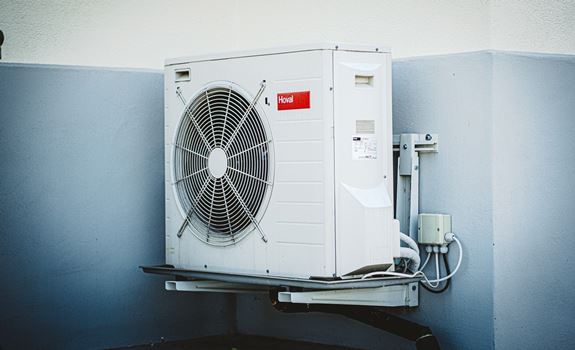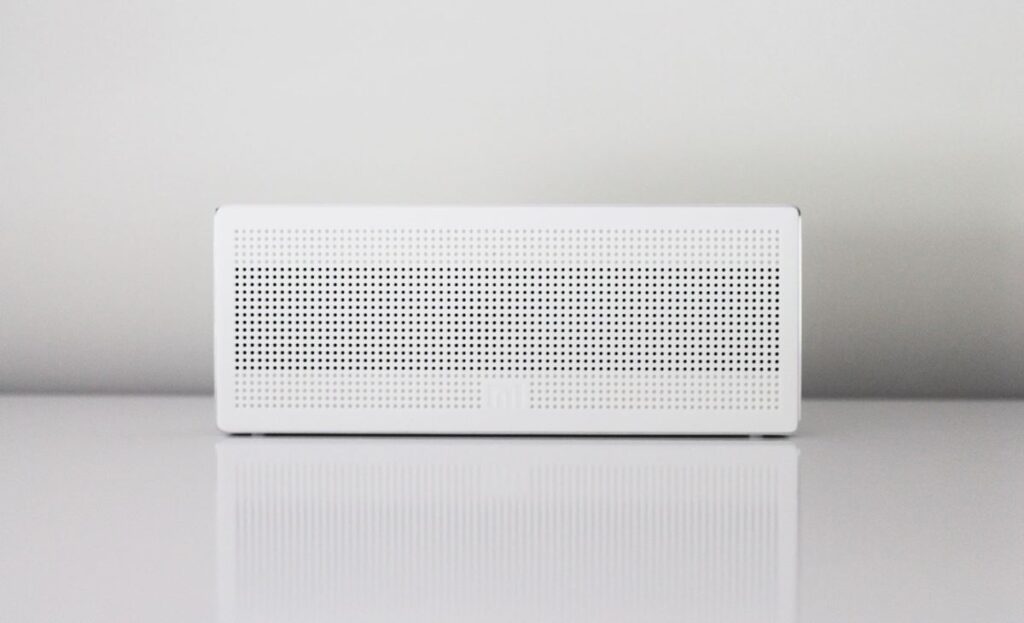Replacing an air conditioning unit is a complex task that requires a deep understanding of HVAC systems. It involves more than just swapping out the old unit for a new one. The process includes handling refrigerants, wiring electrical components, ensuring proper airflow, and potentially modifying existing ductwork. Each of these steps requires specific skills and knowledge to execute correctly and safely.
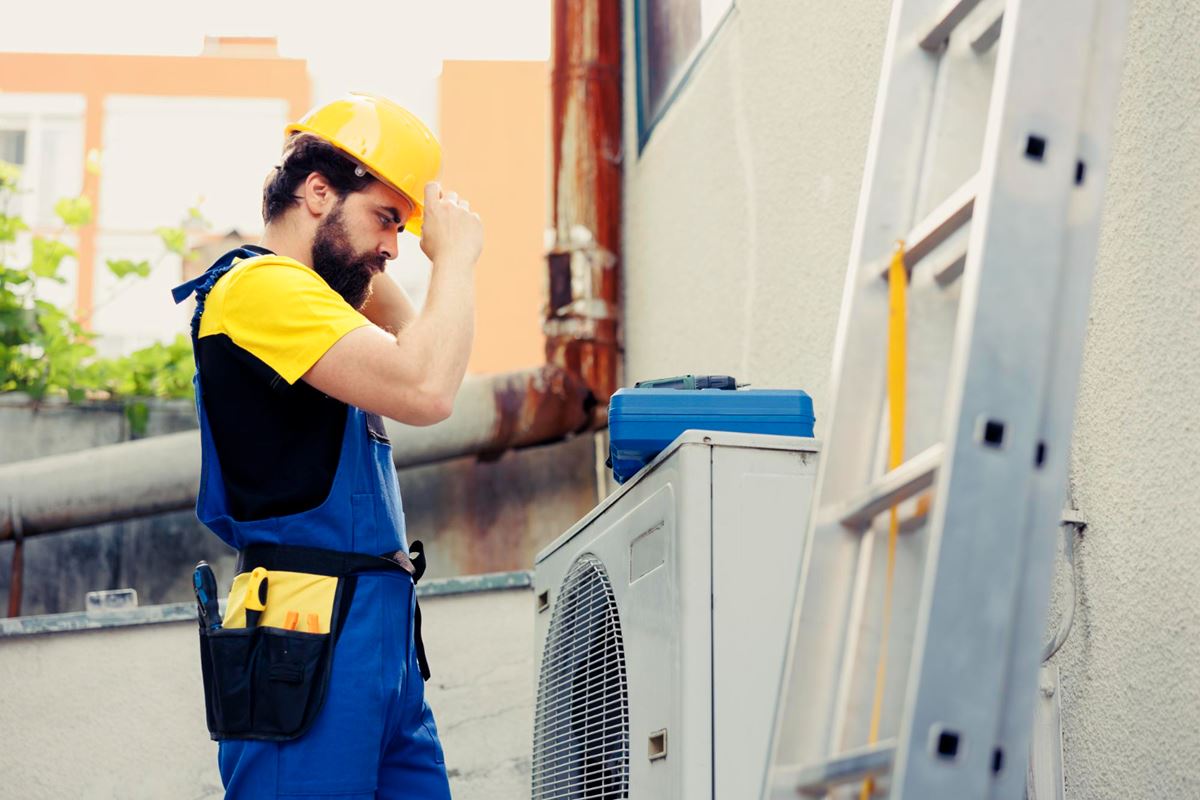
DIY AC Replacement
Some homeowners may be tempted to replace their AC unit themselves to save on labor costs. If you have a strong background in HVAC systems, electrical work, and plumbing, taking on the project yourself might seem feasible. Doing it yourself can give you a sense of accomplishment and allow you to control every aspect of the process.
However, there are several critical factors to consider. Firstly, HVAC systems use refrigerants that are regulated by the Environmental Protection Agency (EPA). Handling these substances without the proper certification can lead to significant legal and environmental consequences. Secondly, the electrical components involved in AC installation pose a serious risk of injury or fire if not handled correctly. Improper installation can also void the manufacturer’s warranty, leaving you without protection if something goes wrong.
Risks of DIY Replacement
Even if you manage to replace the unit without immediate issues, there’s no guarantee that the system will function optimally. Improper installation can lead to decreased efficiency, higher energy bills, and more frequent breakdowns. You may find yourself facing more costly repairs down the line due to mistakes made during the installation process.
Additionally, diagnosing issues with the existing ductwork, calibrating the system, and ensuring it meets the manufacturer’s specifications are tasks that require professional expertise. Without this expertise, the system may not provide the desired comfort levels, leading to frustration and additional costs to rectify the problems.
Professional AC Replacement Service
Hiring a professional AC replacement service offers numerous advantages. Professionals bring extensive knowledge and experience to the job, ensuring that every aspect of the installation is handled correctly. They are familiar with local building codes and regulations, which helps to ensure the installation is compliant and safe.
A professional service will also conduct a thorough evaluation of your home’s cooling needs, ensuring that the new unit is the correct size and type for your space. This evaluation considers factors such as the size of your home, insulation levels, and your family’s cooling preferences. Installing the right size unit is crucial for maintaining efficiency and comfort.
Efficiency and Longevity
One of the primary benefits of using a professional service is the assurance that the system will be installed correctly, maximizing its efficiency and lifespan. Professionals have the tools and expertise to ensure that refrigerant levels are correct, electrical connections are secure, and airflow is optimized. This precision helps to prevent common issues such as short cycling, inadequate cooling, and excessive energy consumption.
Moreover, a professional air conditioner replacement service will likely offer warranties on their work. This means that if any issues arise after the installation, they will return to address them at no additional cost. This warranty provides peace of mind and protection against unexpected expenses.
Cost Considerations
While hiring a professional service involves an upfront cost for labor, it can save you money in the long run. Proper installation reduces the likelihood of future repairs and extends the lifespan of the unit. Additionally, many professional services have access to wholesale prices on equipment and can pass those savings on to you. They can also provide valuable advice on selecting an energy-efficient unit that can lower your utility bills over time.
Safety and Compliance
Safety is a paramount concern when replacing an air conditioning unit. Professionals are trained to handle the various hazards associated with the job, including electrical work and refrigerant handling. They also have the necessary permits and insurance to protect you and your property in case of accidents or damage during the installation.
Using a professional service ensures compliance with local codes and regulations. Non-compliant installations can result in fines and issues when selling your home. Professional installers stay updated on all current standards, ensuring your new system meets all requirements.
The Role of Expertise
HVAC professionals bring years of training and experience to the job, allowing them to quickly and accurately diagnose and resolve any issues that arise during installation. This expertise is particularly valuable if your home has unique challenges, such as an unconventional layout or older ductwork. They can provide customized solutions that a DIY approach may not address effectively.
Conclusion
Deciding between replacing your AC unit yourself and hiring a professional service involves weighing the risks and benefits. While a DIY approach might save on initial labor costs, it comes with significant risks, including potential safety hazards, legal issues, and the possibility of improper installation. These risks can lead to higher costs and complications over time.
On the other hand, hiring a professional AC replacement service ensures that the job is done safely, efficiently, and in compliance with all regulations. The expertise and warranties provided by professionals offer peace of mind and long-term savings. Ultimately, investing in professional installation is a wise decision that can enhance the performance and longevity of your air conditioning system, ensuring your home remains comfortable and cool for years to come.
Published in: Home advice | Author: Lynn



